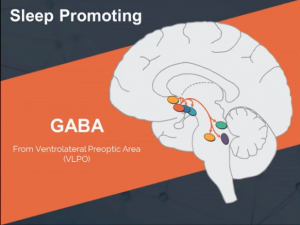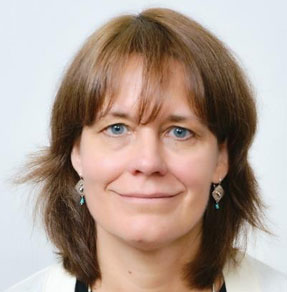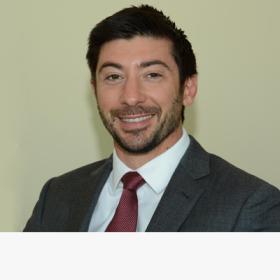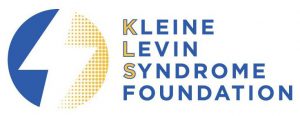SomnusNooze e-newsletter
News, stories and updates from the world of sleep
News, stories and updates from the world of sleep

The holiday season is upon us and our schedules quickly fill up! Keep up to date with the news we’ve shared via social media with the sleep disorder community since our last “In Case You Missed It!” So don’t worry if you’ve missed anything –... read >

Why do Emory University’s sleep researchers perform spinal tap procedures on sleepy patients? What is the “sleepy juice” they’re looking for in the spinal fluid? Does it have anything to do with prostaglandins? An expert answers all these... read >

What is GABA? What role does it play in sleep? And is GABA activity increased by something in the cerebrospinal fluid of people with hypersomnia? We are very pleased to present Part 2 of a new two-part series by neuroscientist Amanda Freeman, PhD, of... read >
What is GABAA? And how does it affect hypersomnia? We are very pleased to present a two-part video series by neuroscientist Amanda Freeman, PhD, of Emory University, which describes, in layman’s terms, exactly how y-aminobutyric acid, better known as... read >

Can menstrual cycles trigger hypersomnia episodes? Can taking hormones tame these symptoms? And does idiopathic hypersomnia (IH) affect more women than men? We are delighted to have our Medical Advisory Board member Dr. Isabelle Arnulf, a Professor of... read >

Although the Hypersomnia Foundation is not currently accepting new submissions for its Ask the Doctor series, we are working to answer previously submitted questions that are of general interest to our hypersomnia community. Today we have Dr. Mitchell... read >
Very recently, the Hypersomnia Foundation became aware of an opportunity to help shape the future of sleep research. The National Institutes of Health, the primary source of funding for medical research in the United States, has issued a Request... read >

A study of clarithromycin in the treatment of GABA-related hypersomnia indicates that this drug may be effective in some patients with idiopathic hypersomnia (IH), narcolepsy without cataplexy, and subjective hypersomnia. Background The US Food and... read >

Background Kleine Levin syndrome (KLS) is a neuropsychiatric disease that affects about 1 in a million people. Symptoms include hypersomnia, confusion, derealization, hypersexuality, megaphagia, altered mood, and hallucinations that occur during... read >

Background Kleine-Levin syndrome (KLS) is a rare disorder in which affected people experience episodes at least once per year during which they sleep for at least 11 hours out of every day (but often for days at a time), eat excessively (megaphagia),... read >